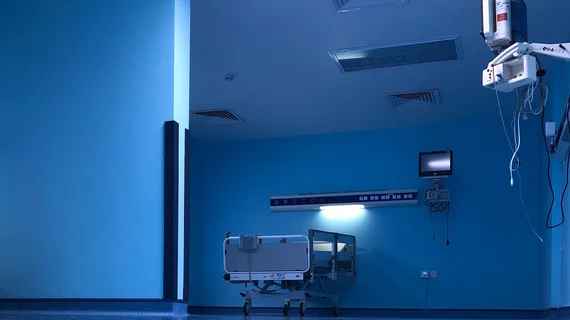Stanford researchers: AmI offers an ‘extraordinary opportunity to illuminate the dark spaces of healthcare’
Crossing machine learning with low-cost infrared sensors, AI developers are pushing the envelope on ambient intelligence, or AmI, for use in healthcare.
Care techniques in the emerging field include, for example, remotely monitoring patients without threatening their privacy the way high-definition video sensors might.
Stanford researchers deliver an in-depth primer on AmI in a review of the literature running in Nature.
Fei-Fei Li, PhD, Arnold Milstein, MD, MPH, and graduate student Albert Haque characterize likely advances as falling into two broad settings.
“In hospital spaces, early applications could soon enable more efficient clinical workflows and improved patient safety in intensive care units and operating rooms,” they write. “In daily living spaces, ambient intelligence could prolong the independence of older individuals and improve the management of individuals with a chronic disease by understanding everyday behavior.”
Along with technical challenges and opportunities facing AmI proponents, Li and colleagues outline some inescapable social and ethical considerations.
“Trustworthiness of ambient intelligence systems is critical to achieve the potential of this technology,” they write. “Although there is an increasing body of literature on trustworthy artificial intelligence, we consider four separate dimensions of trustworthiness: privacy, fairness, transparency and research ethics. Developing the technology while addressing all four factors requires close collaborations between experts from medicine, computer science, law, ethics and public policy.”
Coverage of the article by Stanford Engineering Magazine notes that Li and Milstein co-direct the 8-year-old Stanford Partnership in AI-Assisted Care.
“[T]he preliminary results we’re getting from hospitals and daily living spaces confirm that ambient sensing technologies can provide the data we need to curb medical errors,” Milstein says in the magazine article. “Our Nature review tells the field that we’re on the right track.”
Click here for the journal article and here for the magazine coverage.

